渔业和水产养殖技术文凭
Diploma in Fisheries and Aquaculture Technology

学历文凭
Bachelor Degree

专业院系
Faculty of Science and Technology

开学时间

课程时长

课程学费

国际学生入学条件
Student must have:
A minimum “C” grade in one of Precalculus 11, or Foundations of Mathematics 11, or equivalent.
Life Sciences 11 with a minimum “C” grade, or equivalent.
To meet the English language requirements for academic program, students must have completed:
VIU English Language Centre's - Successful completion of University Preparation Level 5
International Baccalaureate English A1/A2 - Higher Level (HL)/ Standard Level (SL) grade 3 or higher
IELTS 6.5 (with no band under 6.0)
TOEFL 550 (with no section under 56)
TOEFL iBT 88 (with no section under 20)
Pearson (PTE) 60 no section below 60
Cambridge Certificate of Proficiency in English with a minimum Cambridge English Score of 176.
Cambridge Certificate of Advanced English with a minimum Cambridge English Score of 176.
IDP—雅思考试联合主办方

雅思考试总分
6.5
- 雅思总分:6.5
- 托福网考总分:88
- 托福笔试总分:550
- 其他语言考试:Pearson (PTE) - 60 (no section below 60)
CRICOS代码:
申请截止日期: 请与IDP联系 以获取详细信息。
课程简介
The program is designed to develop well-rounded technologists with a broad background in the practical and academic skills of fish and invertebrate culture, fisheries habitat and fish stock assessment, fisheries regulations, production management, and environmental control and planning.Both the “why” and “how” are presented through formal lectures and practical experience. The selection of program material is designed to give a broad theoretical background to provide flexibility, as well as foster a professional attitude toward a future career. Students will spend approximately 25 per cent of their time on “hands-on” fisheries and aquaculture projects on- and-off campus.The first year provides a foundation in such basic conceptual areas as statistics, biology, English, habitats of fish and fish rearing methods. There is a weekly practicum, in which students are sent into the field for a day to work in various aquacultural, fisheries, or environmental consulting capacities (salmonid hatcheries, spawning channels, wild fish projects, oyster farms, invertebrate hatcheries and others), and students also work one half day each week on aquaculture or fisheries field projects on campus or in the field. Many courses also involve significant field experience. Over the two years this practical work experience exposes students to a wide variety of activities, and introduces them to the facilities, organizations and personnel important in their future careers.As a requirement for the program, students will work in a program relevant summer job in the summer between their first and second year. Assistance in finding jobs is provided by VIU Faculty and staff, and students will receive credit for the summer practicum courses on completion of required written reports andor oral presentation.In the second year, students are exposed to more advanced and specialized topics in fisheries and aquaculture. These include engineering courses, shellfish culture, and both health and physiology of aquatic organisms. In addition, there is a field based course on freshwater field techniques in which students work in field conditions at local lake sites. Both the second-year weekly practicum and project courses may be designed by the student to emphasize areas of special interest.In addition to the many scholarships available to all VIU Students, there are numerous special awards for Fisheries and Aquaculture students. For more information contact the Financial Aid & Awards office.There is also a one-year, post-degree diploma program for university graduates with degrees in biology, zoology, or related sciences. In this case, students complete the requirements for the diploma in one year, plus one summer practicum (see below for admission requirements).
相关申请
 预科
预科 奖学金
奖学金 实习机会
实习机会 在校学习
在校学习 跨境学习
跨境学习 校园授课-线上开始
校园授课-线上开始 在线/远程学习
在线/远程学习
开学时间&学费
学费信息仅供参考,请与IDP联系以获取详细信息
| 开学时间 | 时长 | 学费 | 地点 |
|---|---|---|---|
| 暂无 | 暂无 | 暂无 | 暂无 |
本校相关课程
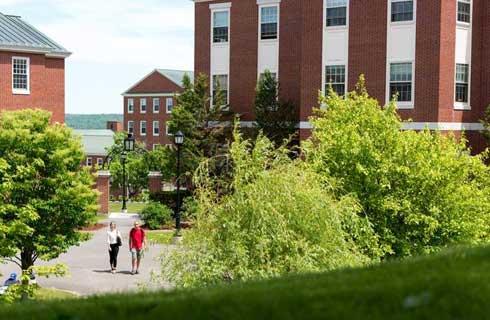
专业烘焙和糕点艺术证书
学历文凭
Bachelor Degree
开学日期
课程费用总额


摩托车和船舶技术员证书
学历文凭
Bachelor Degree
开学日期
课程费用总额

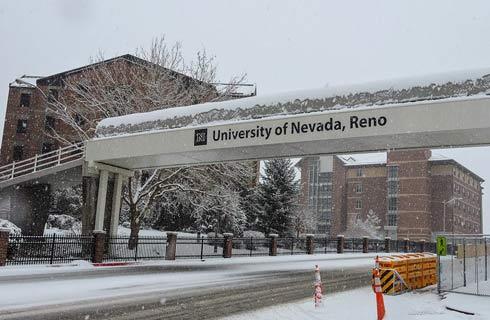
制冷空调技师证书
学历文凭
Bachelor Degree
开学日期
课程费用总额


发型师基础证书
学历文凭
Bachelor Degree
开学日期
课程费用总额


电工证书
学历文凭
Bachelor Degree
开学日期
课程费用总额


烹饪管理大专
学历文凭
Bachelor Degree
开学日期
课程费用总额

其他相关课程

渔业和水产养殖学历文凭
 温哥华岛大学
温哥华岛大学学历文凭
Graduate Diploma
开学日期
课程费用总额

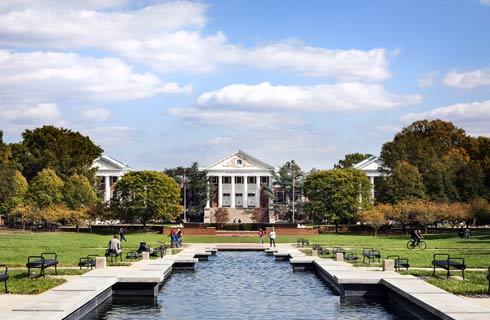
渔业和水产养殖技术文凭
 温哥华岛大学
温哥华岛大学学历文凭
Bachelor Degree
开学日期
课程费用总额

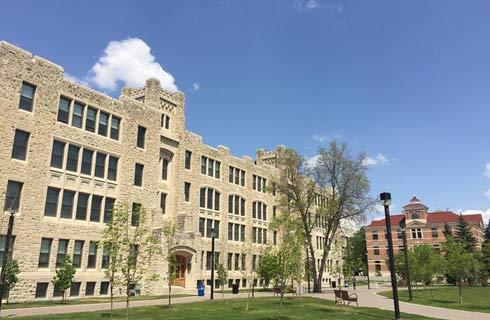
渔业和水产养殖学学士学位
 温哥华岛大学
温哥华岛大学学历文凭
Bachelor Degree
开学日期
课程费用总额

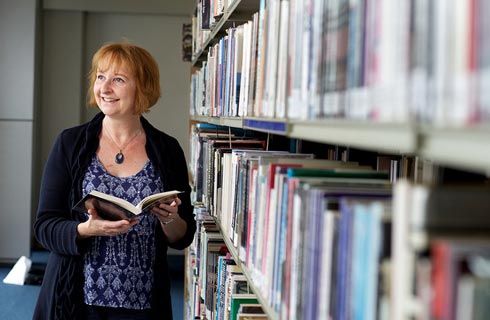
鱼类和野生动物技术高级文凭
 弗莱明学院
弗莱明学院学历文凭
Bachelor Degree
开学日期
课程费用总额

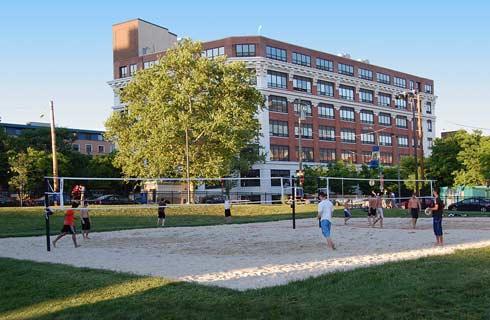
渔业科学哲学博士
 纽芬兰纪念大学
纽芬兰纪念大学学历文凭
Ph.D.
开学日期
课程费用总额


海洋资源文凭–渔业和水产养殖
 新斯科舍社区学院
新斯科舍社区学院学历文凭
Bachelor Degree
开学日期
课程费用总额











